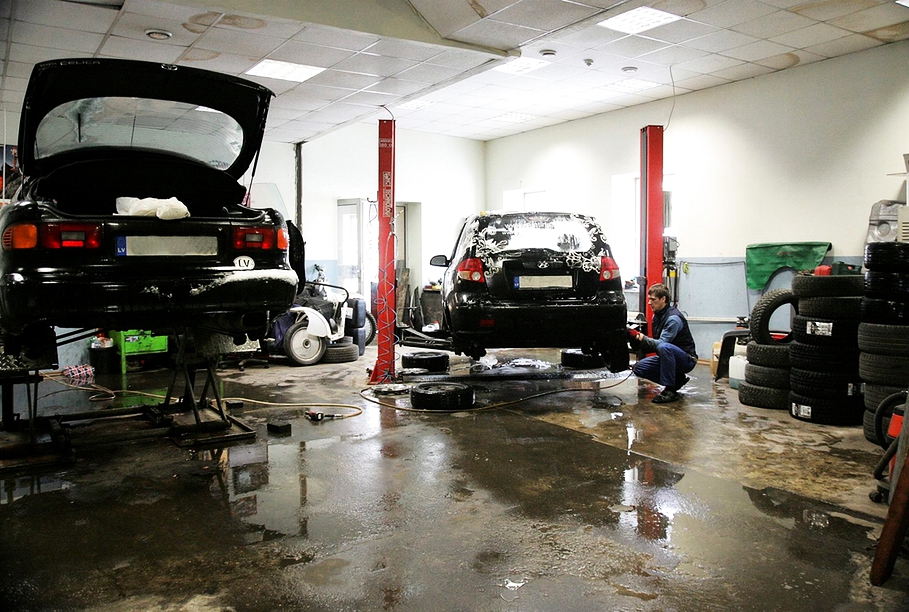She added that this has meant an additional 625 legal job positions tallied onto the sector.
Last December VID had urged automotive service shops to legalize their businesses, offering modes of amnesty to emerge from out of the shadow economy.
On his part Latvia’s Auto Body Repair Shop Association leader Gints Gailis gave VID mixed results at best for its efforts, saying that while some “shadow” garages have declared their activities now, this is a negligible portion of the shops out there.
Given that average wages in the sector have risen, but the price of services haven’t changed, this in fact reduces the competitiveness of the companies, thus impacting their ability to invest in development, and this threatens the sector with stagnation. In his view, the only ones to benefit from this development will be the authorized car dealerships and their service centers, the only ones who could possibly remain competitive under current trends.
Last month VID targeted a completely different sector of the service economy – beauty shops and nail salons were also urged to come out of the shadows and bring order to their employment contracts and tax obligations, otherwise wide-ranging preventive and repressive administrative measures would be taken against them.
VID has also uncovered deep-seated tax avoidance schemes in the restaurant franchise and taxi transport service sectors involving electronic cash registers and flash-drive based malware developed by specialists in hacking accounting systems. Pētersone responded to questions as to why the Gan Bei oriental food restaurant chain wasn't shut down for using the malware cash registers by citing the more than 700 jobs which would have been suddenly lost, thus prompting VID to allow the eateries to keep working while rectifying their tax accounts.






























